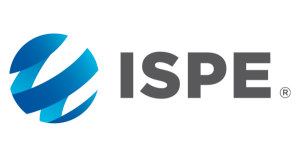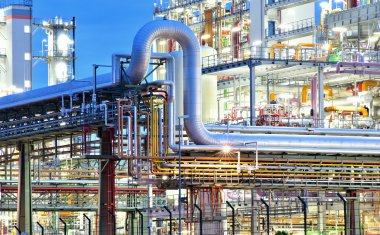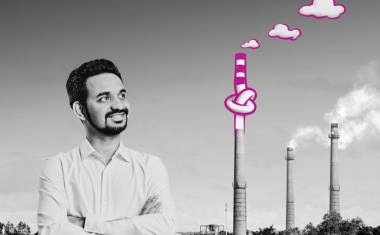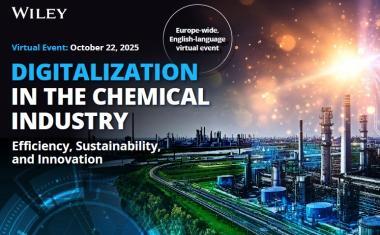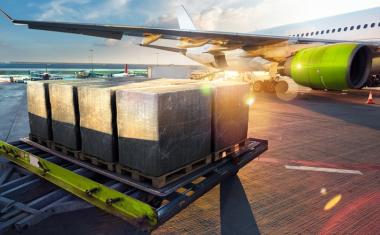Shaping the Future of the Pharma Industry
The International Society for Pharmaceutical Engineering (ISPE) announced the 2022 Facility of the Year Awards (FOYA) Category Winners – including an Honorable Mention for Iovance Biotherapeutics, to be the first company in the world to commercially produce a personalized therapy for solid tumors.
ISPE's global FOYA program recognizes innovation and creativity in manufacturing facilities serving the pharmaceutical industry. The award-winning projects set the standard for pharmaceutical facilities of the future by demonstrating excellence in facility design, construction, and operations.
“The future of the pharmaceutical industry is being shaped every day by innovative companies worldwide. Companies like the 2022 FOYA Category Winners have a clear commitment to excellence and set the high bar for quality in the design and social impact consideration of their facilities," said Thomas Hartman, President & CEO of ISPE. “They incorporate a thoughtful, unique, and adaptive approach to innovation, operability, sustainability, and reliability while introducing flexibility allowing for the manufacturing of multiple product modalities. Further, these modern facility designs introduce digitization strategies that accelerate timelines from product development to product licensure. ISPE is proud to recognize these companies.”
2022 Facility of the Year Category Awards Winners
The Innovation Category was awarded to CRISPR Therapeutics for its facility in Framingham, Massachusetts, USA. The company has harnessed the CRISPR/Cas9 gene-editing platform to develop and deliver potentially curative therapies to patients with serious diseases. The technology has game-changing implications for patients and partners. The project was awarded a FOYA award for Innovation based on the innovative design of the facility, which provides an end-to-end solution for production and fills operations. The FOYA judging committee commends CRISPR for creating a flexible, digitally enabled facility that can bring the promise of innovation to life.
Janssen Biologics won the Project Execution Category for its Vaccine Launch Facility (VLF) Expansion in Leiden, The Netherlands. This Johnson & Johnson (J&J) biopharmaceutical production and laboratory testing facility produces clinical and commercial bulk active pharmaceutical ingredients and provides analytical testing services for J&J’s global portfolio of vaccines. The existing VLF represented an opportunity to enable large-scale Covid-19 vaccine drug substance manufacturing by building a new, 25,000 square-foot sterile manufacturing facility adjacent to the existing VLF. This fast-tracked project was developed to design and build the new facility within nine months and to secure regulatory approval for initial commercial batches produced in the facility within 12 months. The ambitious timeframe required a Herculean effort and flawless collaboration on the part of all involved parties, including best-in-class design and construction partners and an integrated, cross-functional team within J&J.
Takeda Pharmaceuticals International won the Supply Chain Category for its Alofisel Global Program in Madrid, Spain; Grange Castle, Ireland; Osaka, Japan; and California, USA. Alofisel is a first-in-class stem cell therapy product and the first allogeneic mesenchymal stem cell therapy to receive approval by the European Medicines Agency. The project was designed with a product shelf life of only 48 hours and requires seamless cold chain transportation. Takeda had to completely rethink the supply chain to get the product from the plant to the hospital to be administered to the patient within a very short time frame. The program is recognized in this year’s awards for its novel and innovative approach to end-to-end supply chain management as well as the program’s innovative design in expanding the Alofisel manufacturing network from its initial plant in Madrid, Spain, to other regions across the globe with new facilities in the US, Japan, and Ireland.
The Pharma 4.0 Category was awarded to Takeda Pharmaceuticals International in Singen, Germany for its TaSiVa project. The TaSiVa facility took an innovative approach to the project of implementing pharma 4.0 technologies as part of the overall project delivery, which also complemented the companywide digital transformation. It included several key collaborations with suppliers and academia to develop pharma 4.0 solutions. The facility was built with state-of-the-art process equipment and then layered with advanced digital technologies in several key areas. A complete IT infrastructure upgrade was completed at the site during the early phase of the project thus providing the platform to utilize advanced information technology (IT)/ operational technology (OT) solutions as part of the project delivery. The project exemplifies how the application of innovation in advanced digital technologies leads to improved outcomes in terms of safety, product quality, and productivity in a pharmaceutical manufacturing facility.
The first of two companies to be awarded in the Social Impact Category is Catalent for its Project Mercury in Bloomington, Indiana. The company’s Project Mercury was delivered in the face of the global pandemic. With an unknown manufacturing process for a vaccine candidate under development, the team pivoted on existing projects to ensure success, adding 40% more scope including secondary packaging and inspection. The project added 40,000 sq ft to cover the most stringent of the unknown needs of the process, reducing the risk to supply. The project team also cut six months off their schedule and beat the clock while managing the complexities of execution within the Covid-19 restricted environment and delivering the needed capacity to meet important pandemic demands. They applied a great amount of effort and budget into adding additional safety measures to keep workers safe throughout the constant threat of the Covid-19 virus along with including three major elements of sustainability into their plans for Project Mercury: People, Planet, and Profits.
The second of two companies to be awarded in the Social Impact Category is Janssen Biologics for its Vaccine Launch Facility (VLF) Expansion in Leiden, The Netherlands. During the VLF expansion construction activities were executed during an increased level of positive Covid cases in The Netherlands. J&J kept the personal safety of all project team members as its top priority by implementing various safety measures to reduce the risk of exposure to the Covid virus. These additional safety measures resulted in no significant stoppages or slowdowns of work during construction.
Iovance Biotherapeutics was awarded an Honorable Mention for its Iovance Cell Therapy Center (iCTC) in Philadelphia, Pennsylvania. With only one chance of success and Iovance having a production timeline of 22 days, there is no room for error when developing therapies. Their facility was designed with significant redundancies to support its operation 24 hours a day, 365 days of the year. Iovance had a goal to “be the first company in the world to commercially produce a personalized therapy for solid tumors” and as a relatively small company, their achievement in that first, as well as having an excellent facility was recognized by the judges.
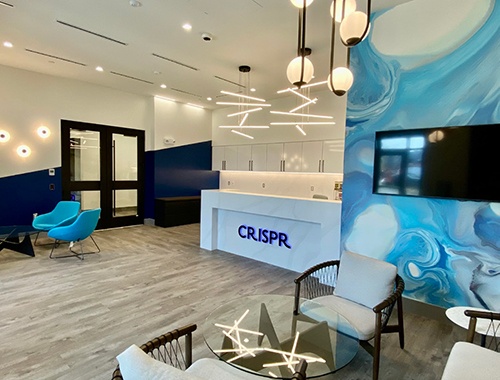
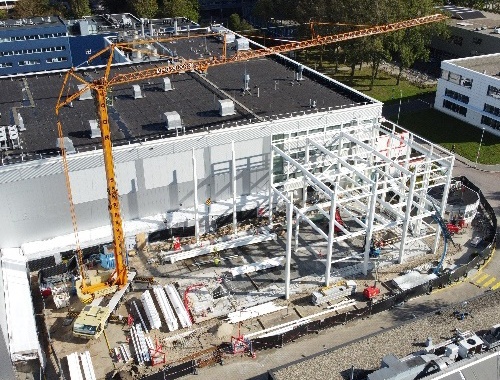
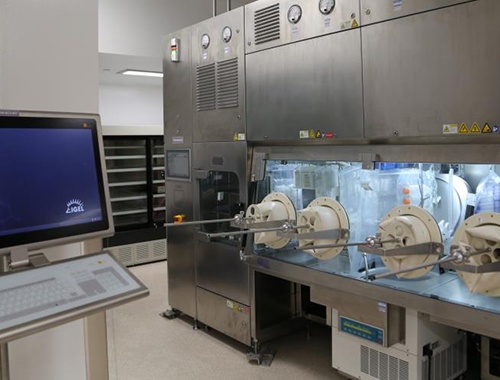
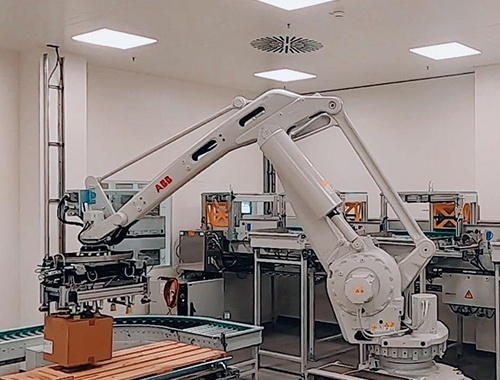
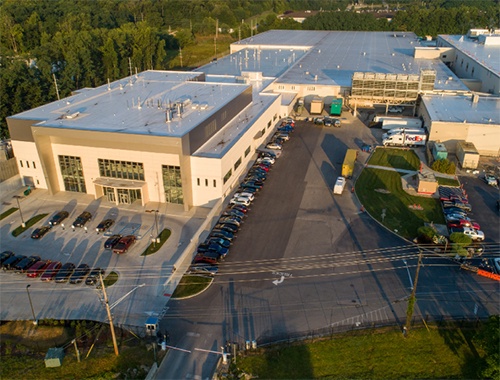
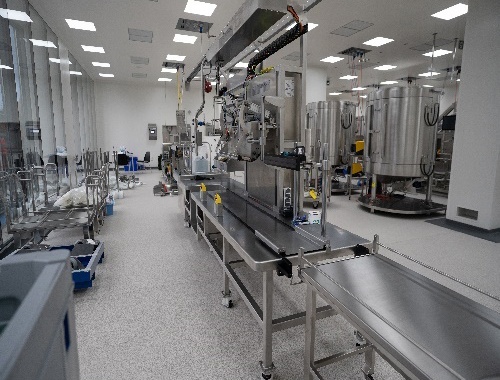
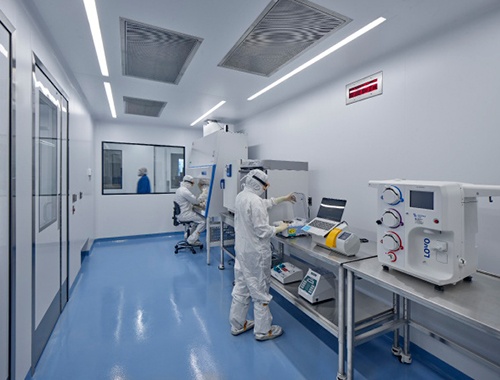
Company
